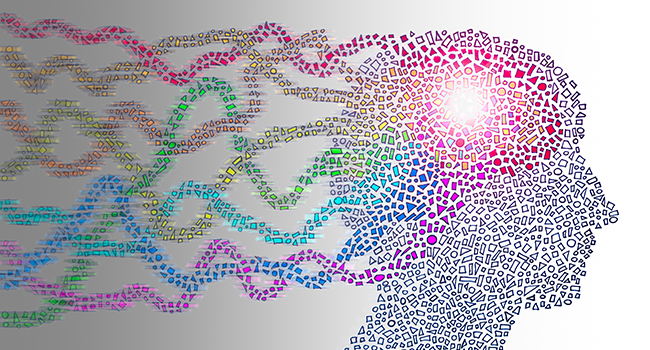Welcome back. In our previous article, we explored what is a disease in a bid to understand how addiction can be classified as one of them. Today, we look at the other side of the coin. We will try to identify what is an Addiction to better understand how it influences human body in the same way a disease would.
What is Addiction?
Drugs affect your body in a myriad of different ways. There are uppers and downers, relaxants and energizers. Whatever you want to call them, they all affect the dopamine levels in your brain. What is dopamine? It is that sweet content feeling you get after a good meal. Your brain rewards you for taking care of it, so to speak. If you eat something that is beneficial to your body, your brain releases dopamine that provides a good feeling, to promote this kind of activity. Is there something that you like doing that makes you feel happy and content? Being thirsty and having a nice cool refreshing glass of water can be the best feeling in the world, right? It’s because you are dehydrated and as soon as you rehydrate, your brain tells you “that was good, when thirsty, please do that again”. Having sex feels good as well because it is a survival mechanism. During intimate moments and especially at orgasm, your brain is flooded with dopamine so you feel good and would do that again, as soon as possible preferably. The need to procreate is a very basic and strong instinct in everyone, ensuring that you enjoy this process is just nature’s way of making us understand, that it is something we should be doing.
Various drugs, cocaine, for example, cause an extremely high amount of dopamine to be released in your brain. The human brain is a remarkable organ and can learn and recognize patterns subconsciously. Over time, this repeated boost of unnecessary dopamine confuses the brain and rewrites itself to cater to this new external stimuli.
For example, let us imagine a child that gets rewarded for doing good and helpful deeds by his parents. He washed the dishes, mowed the lawn or cleaned up his room and his parents gave him some pocket money. Now, all of a sudden, parents start giving him large amounts of money for nothing and before too long the child considers this the norm. He expects this money to be given to him for no reason and when that does not happen, the child is upset.
When an addict’s brain is repeatedly flooded by dopamine, it begins to rewrite itself in such a way, that it considers the dose of drugs the ultimate survival behavior. It suddenly needs drugs to survive, or so the brain has been tricked to think.
Addiction and dependence.
To touch up on differences of addiction and dependence from the previous article, with long enough fake dopamine boosts, the brain forgets how to properly self-regulate and can bring with it a long list of other complications. This depends on the drugs very widely, but there are some substances that if abused for a long enough period, and then suddenly stopped can cause life-threatening problems. One such substance is alcohol, the most wide-spread drug known to man. If a severe alcoholic is suddenly denied alcohol, the person can suffer fatal cardiac arrest, breathing complications or even stroke. For this very reason, every rehab facility has a detox program, which slowly and delicately reduces intake of these brain altering drugs, in an attempt to re-teach the brain how to function properly. Once dependence is taken out of the picture, the rehabilitation of addiction can begin.
A disease, by definition, alters or impairs a function of a specific organ or cell type. Since drugs have such a profound impact on how organ of the human brain functions, addiction is without a doubt a disease. An odd one at that, since it is one of the very rare types of diseases that is consciously self-imposed, yet operates and does its damage subconsciously. It is impossible to contract it from an animal or insect bite, nor is it a sexually transmitted disease. It is non-contagious and very hard to identify as a disease because the organ that needs to be used in its identification is the very same organ that is being affected. That is why denial is such a popular stance among addicts when someone looking in from outside, points out symptoms of addiction.
Fighting dependence is hard enough. It is very stressful and physically taxing ordeal. Your body is struggling to remember how to self-regulate and operate at normal capacity. Fighting addiction, however, is a whole different kind of demon to slay.
Join us in our next article where we will learn what cravings are and what kind of role they play in the human brain.
Latest posts by Darren Lockie (see all)
- Cocaine burnout - February 25, 2020
- What is pathological lying? - February 21, 2020
- Ireland’s growing drug problem - January 20, 2020
+66 8 7140 7788









